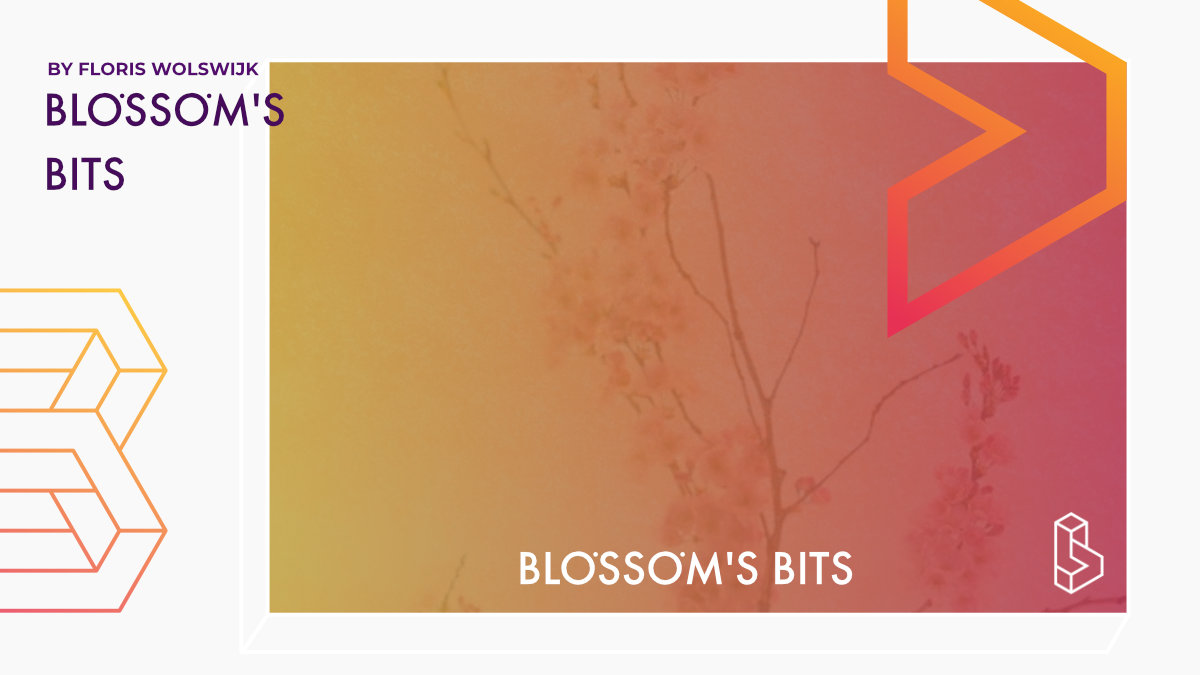Three months after a high dose of psilocybin, 40% of participants with anorexia saw improvements.
This is from a recent COMPASS Pathways study exploring psilocybin in treating anorexia at the University of California San Diego.
Ten participants with anorexia were given a single dose of psilocybin. 30% experienced clinical reductions in their symptoms after one month – this increased to 40% after three months. This sample size may be small, but these positive effects warrant further study.
Other research groups seem to think so too. Imperial College, Johns Hopkins and MAPS are all looking to learn more about using psychedelics to treat anorexia – but – anorexia isn’t the only eating disorder that psychedelics might help.
There are currently six registered clinical trials – hoping to involve 116 participants – exploring the effects of psychedelics on eating disorders.
Before we look at these trials, here’s a quick overview of eating disorders and why they’re a problem.
What are eating disorders?
Eating disorders are complex disorders characterised by severe and persistent disturbance in eating behaviours and associated distressing thoughts and emotions. Some 16 million people worldwide have an eating disorder, with anorexia and bulimia (nervosa) being the most common.
Different disorders have different symptoms. In anorexia, people restrict how much food they eat and often fear gaining weight. Bulimia adds uncontrolled episodes of overeating, called bingeing.
Treating eating disorders involves a team; a mental health professional, a dietitian, a medical professional, and a patient’s loved ones. Medication is sometimes used, but in the case of anorexia, no FDA approved medication exists.
Psychedelics being put to the test
Next to COMPASS Pathways – which is also investigating using psilocybin to treat body dysmorphic disorder in a separate ongoing trial – both Imperial and Johns Hopkins are exploring the effects psilocybin has in patients with anorexia.
At the recent 2021 Horizons Conference, Dr Natalie Gukasyan from Johns Hopkins updated attendees on the progress of their trial. Surprisingly, researchers found that patients had relatively mild psychological reactions to the dose of psilocybin – increasing the maximum dose to 30mg. Additional psychological support may also be needed in some cases.
At Imperial, the team is currently looking for females who have had anorexia for three years or more to participate in their study. Participants will be administered three doses of psilocybin in a supportive environment. fMRI & EEG will be used to look at changes in the brain.
Given MAPS‘ success with using MDMA to treat PTSD, they hope this success can be reproduced in people with anorexia and bulimia in an upcoming clinical trial.
TRYP Therapeutics is investigating if their psilocybin, TRYP-0082, can be used to treat 10 participants with bulimia. The first participants in this trial were dosed only last week.
With positive preliminary results and more research underway – psychedelics might soon help people living with eating disorders.
Become a psychedelic insider
Get a Pro Membership to enjoy these benefits & support Blossom📈 full reports on Topics & Compounds
🧵 full summary reviews of research papers
🚀 full access to new articles
See Memberships

